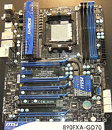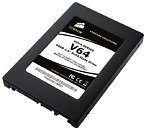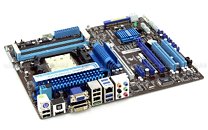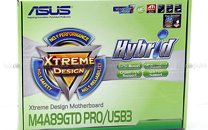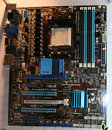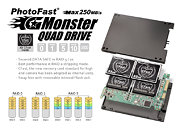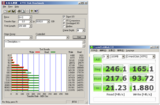Mach Xtreme Technology Unveils MX JET PRO Series 2.5'' SSDs
Mach Xtreme Technology Inc., a worldwide leader in top performance, high reliability and user-friendly designed PC components, today unveiled MX JET PRO Series 2.5" SSD which makes MLC (multi-level cell) NAND-based storage an affordable offering for mainstream users demanding the latest technology and top performance. Based on JMicron JMF616 controller, MX JET PRO Series delivers blazing fast, smooth and stutter free performance.
The new MX JET PRO Series of SSDs is the latest addition to the Mach Xtreme lineup of solid state drives. MX Technology has worked very closely with JMicron on this series to get most out of this new sophisticated controller. As a result, MX Technology releases the best-in-class drive. MX JET PRO is based on the advanced JMF616 controller coupled with 128MB onboard cache and the latest firmware to ensure top performance while maintaining an attractive price point that is truly within the reach of a wide range of DIY users.
The new MX JET PRO Series of SSDs is the latest addition to the Mach Xtreme lineup of solid state drives. MX Technology has worked very closely with JMicron on this series to get most out of this new sophisticated controller. As a result, MX Technology releases the best-in-class drive. MX JET PRO is based on the advanced JMF616 controller coupled with 128MB onboard cache and the latest firmware to ensure top performance while maintaining an attractive price point that is truly within the reach of a wide range of DIY users.




